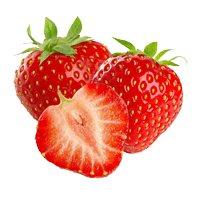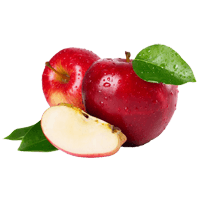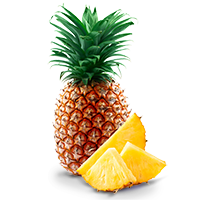Banana nutrition: calories, carbs, GI, protein, fiber, fats
Bananas, raw
*all the values are displayed for the amount of 100 grams
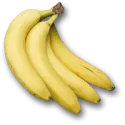
What Does 89 Calories or 100 Grams of Banana Look Like?
Our team measured what 100 grams of banana looks like to help you visualize its weight and calories. As you can see from the picture, one banana (without peel) made up the entire 100 grams or 89 calories.
A standard serving of banana is about one cup or 150 grams, which means it contains about 134 calories.
Depending on the size and ripeness of the banana, the weight and calories may differ for you.
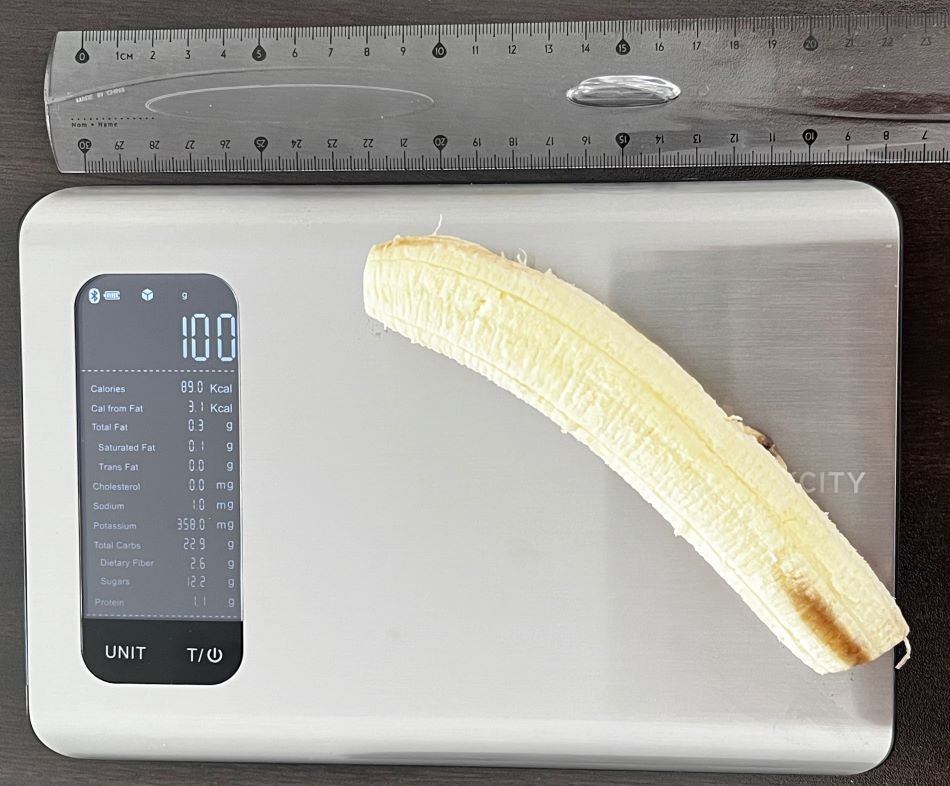
Top nutrition facts for Banana

| Calories ⓘ Calories for selected serving | 89 kcal |
|
Glycemic index ⓘ
Source: Check out our full article on Banana glycemic index https://www.sciencedirect.com/science/article/pii/S000291652200494453 in this text. https://www.sciencedirect.com/science/article/pii/S235261811500027X 43 in this one https://www.cabdirect.org/globalhealth/abstract/20123409459 35 here https://www.ncbi.nlm.nih.gov/pmc/articles/PMC3208016/
Check out our Glycemic index chart page for the full list.
|
48 (low) |
| Glycemic load | 15 (medium) |
| Insulin index ⓘ https://academic.oup.com/ajcn/article/66/5/1264/4655967 – II for Cavendish bananas is 81 | 81 |
| Net Carbs ⓘ Net Carbs = Total Carbohydrates – Fiber – Sugar Alcohols | 20 grams |
| Default serving size ⓘ Serving sizes are mostly taken from FDA's Reference Amounts Customarily Consumed (RACCs) | 1 cup, sliced (150 grams) |
| Acidity (Based on PRAL) ⓘ PRAL (Potential renal acid load) is calculated using a formula. On the PRAL scale the higher the positive value, the more is the acidifying effect on the body. The lower the negative value, the higher the alkalinity of the food. 0 is neutral. | -6.9 (alkaline) |
| Oxalates ⓘ https://www.sciencedirect.com/science/article/abs/pii/S0889157513000902 | 20 mg |
Banana calories (kcal)
| Calories for different serving sizes of banana | Calories | Weight |
|---|---|---|
| Calories in 100 grams | 89 | |
| Calories in 1 NLEA serving | 112 | 126 g |
| Calories in 1 cup, sliced | 134 | 150 g |
| Calories in 1 cup, mashed | 200 | 225 g |
Extra Nutrition facts for Banana
| Protein per 100 calories ⓘ Shows how many grams of protein you get from 100 calories of this food, calculated as (protein in g ÷ calories) × 100. | 1.2 g |
| Calories per 10 g protein ⓘ Shows how many calories you need to eat from this food to get 10 g of protein, calculated as (calories ÷ protein in g) × 10. | 817 kcal |
Banana Glycemic index (GI)
Source:
Check out our full article on Banana glycemic index
https://www.sciencedirect.com/science/article/pii/S000291652200494453 in this text. https://www.sciencedirect.com/science/article/pii/S235261811500027X 43 in this one https://www.cabdirect.org/globalhealth/abstract/20123409459 35 here https://www.ncbi.nlm.nih.gov/pmc/articles/PMC3208016/
Check out our Glycemic index chart page for the full list.
Banana Glycemic load (GL)
Mineral coverage chart
Mineral chart - relative view
Vitamin coverage chart
Vitamin A:
9µg of 900µg
1%
Vitamin E:
0.3mg of 15mg
2%
Vitamin D:
0µg of 20µg
0%
Vitamin C:
26mg of 90mg
29%
Vitamin B1:
0.09mg of 1mg
7.8%
Vitamin B2:
0.22mg of 1mg
17%
Vitamin B3:
2mg of 16mg
12%
Vitamin B5:
1mg of 5mg
20%
Vitamin B6:
1.1mg of 1mg
85%
Folate:
60µg of 400µg
15%
Vitamin B12:
0µg of 2µg
0%
Vitamin K:
1.5µg of 120µg
1.3%
Vitamin chart - relative view
Macronutrients chart
Protein:
Daily Value: 2%
1.1 g of 50 g
1.1 g (2% of DV )
Fats:
Daily Value: 1%
0.3 g of 65 g
0.3 g (1% of DV )
Carbs:
Daily Value: 8%
22.8 g of 300 g
22.8 g (8% of DV )
Water:
Daily Value: 4%
74.9 g of 2,000 g
74.9 g (4% of DV )
Other:
0.8 g
0.8 g
Protein quality breakdown
Tryptophan:
27mg of 280mg
9.6%
Threonine:
84mg of 1,050mg
8%
Isoleucine:
84mg of 1,400mg
6%
Leucine:
204mg of 2,730mg
7.5%
Lysine:
150mg of 2,100mg
7.1%
Methionine:
24mg of 1,050mg
2.3%
Phenylalanine:
147mg of 1,750mg
8.4%
Valine:
141mg of 1,820mg
7.7%
Histidine:
231mg of 700mg
33%
Fat type information
Saturated fat:
0.11 g
Monounsaturated fat:
0.03 g
Polyunsaturated fat:
0.07 g
Carbohydrate type breakdown
Starch:
5.4 g
Sucrose:
2.4 g
Glucose:
5 g
Fructose:
4.9 g
Lactose:
0 g
Maltose:
0.01 g
Galactose:
0 g
Fiber content ratio for Banana
Sugar:
12 g
Fiber:
2.6 g
Other:
8 g
All nutrients for Banana per 100g
| Nutrient | Value | DV% | In TOP % of foods | Comparison |
| Vitamin A | 3µg | 0% | 62% | |
| Calories | 89kcal | 4% | 75% |
1.9 times more than Orange
|
| Protein per 100 calories | 1.2g | N/A | 82% | |
| Calories per 10 g protein | 817kcal | N/A | 86% | |
| Protein | 1.1g | 3% | 84% |
2.6 times less than Broccoli
|
| Fats | 0.33g | 1% | 84% |
100.9 times less than Cheese
|
| Vitamin C | 8.7mg | 10% | 25% |
6.1 times less than Lemon
|
| Net carbs | 20g | N/A | 31% |
2.7 times less than Chocolate
|
| Carbs | 23g | 8% | 32% |
1.2 times less than Rice
|
| Cholesterol | 0mg | 0% | 100% |
N/A
|
| Vitamin D | 0µg | 0% | 100% |
N/A
|
| Magnesium | 27mg | 6% | 37% |
5.2 times less than Almonds
|
| Calcium | 5mg | 1% | 91% |
25 times less than Milk
|
| Potassium | 358mg | 11% | 24% |
2.4 times more than Cucumber
|
| Iron | 0.26mg | 3% | 87% |
10 times less than Beef broiled
|
| Sugar | 12g | N/A | 37% |
1.4 times more than Coca-Cola
|
| Fiber | 2.6g | 10% | 30% |
1.1 times more than Orange
|
| Copper | 0.08mg | 9% | 64% |
1.8 times less than Shiitake
|
| Zinc | 0.15mg | 1% | 87% |
42.1 times less than Beef broiled
|
| Starch | 5.4g | 2% | 95% |
2.8 times less than Potato
|
| Phosphorus | 22mg | 3% | 87% |
8.3 times less than Chicken meat
|
| Sodium | 1mg | 0% | 98% |
490 times less than White bread
|
| Vitamin E | 0.1mg | 1% | 86% |
14.6 times less than Kiwi
|
| Manganese | 0.27mg | 12% | 46% | |
| Selenium | 1µg | 2% | 82% | |
| Vitamin B1 | 0.03mg | 3% | 81% |
8.6 times less than Pea raw
|
| Vitamin B2 | 0.07mg | 6% | 74% |
1.8 times less than Avocado
|
| Vitamin B3 | 0.67mg | 4% | 74% |
14.4 times less than Turkey meat
|
| Vitamin B5 | 0.33mg | 7% | 71% |
3.4 times less than Sunflower seeds
|
| Vitamin B6 | 0.37mg | 28% | 35% |
3.1 times more than Oats
|
| Vitamin B12 | 0µg | 0% | 100% |
N/A
|
| Vitamin K | 0.5µg | 0% | 81% |
203.2 times less than Broccoli
|
| Trans fat | 0g | N/A | 100% |
N/A
|
| Folate | 20µg | 5% | 48% |
3.1 times less than Brussels sprouts
|
| Saturated fat | 0.11g | 1% | 81% |
52.6 times less than Beef broiled
|
| Choline | 9.8mg | 2% | 86% | |
| Monounsaturated fat | 0.03g | N/A | 87% |
306.2 times less than Avocado
|
| Polyunsaturated fat | 0.07g | N/A | 88% |
646.2 times less than Walnut
|
| Tryptophan | 0.01mg | 0% | 96% |
33.9 times less than Chicken meat
|
| Threonine | 0.03mg | 0% | 96% |
25.7 times less than Beef broiled
|
| Isoleucine | 0.03mg | 0% | 96% |
32.6 times less than Salmon raw
|
| Leucine | 0.07mg | 0% | 94% |
35.8 times less than Tuna Bluefin
|
| Lysine | 0.05mg | 0% | 95% |
9 times less than Tofu
|
| Methionine | 0.01mg | 0% | 97% |
12 times less than Quinoa
|
| Phenylalanine | 0.05mg | 0% | 94% |
13.6 times less than Egg
|
| Valine | 0.05mg | 0% | 95% |
43.2 times less than Soybean raw
|
| Histidine | 0.08mg | 0% | 88% |
9.7 times less than Turkey meat
|
| Fructose | 4.9g | 6% | 82% |
1.2 times less than Apple
|
| Caffeine | 0mg | 0% | 100% | |
| Omega-3 - EPA | 0g | N/A | 100% |
N/A
|
| Omega-3 - DHA | 0g | N/A | 100% |
N/A
|
| Omega-3 - DPA | 0g | N/A | 100% |
N/A
|
Check out similar food or compare with current
NUTRITION FACTS LABEL
Nutrition Facts
___servings per container
Serving Size ______________
Serving Size ______________
Amount Per 100g
Calories 89
% Daily Value*
0.51%
Total Fat
0.33g
0.51%
Saturated Fat 0.11g
0
Trans Fat
0g
0
Cholesterol 0mg
0.04%
Sodium 1mg
7.6%
Total Carbohydrate
23g
10%
Dietary Fiber
2.6g
Total Sugars 0g
Includes ? g Added Sugars
Protein
1.1g
Vitamin D
0mcg
0
Calcium
5mg
0.5%
Iron
0.26mg
3.3%
Potassium
358mg
11%
*
The % Daily Value (DV) tells you how much a nutrient in a serving of food contributes to a daily diet. 2,000 calories a day is used for general nutrition advice.
Health checks
ⓘ
Dietary cholesterol is not associated with an increased risk of coronary heart disease in healthy individuals. However, dietary cholesterol is common in foods that are high in harmful saturated fats.
Source
Low in Cholesterol
ⓘ
Trans fat consumption increases the risk of cardiovascular disease and mortality by negatively affecting blood lipid levels.
Source
No Trans Fats
ⓘ
Saturated fat intake can raise total cholesterol and LDL (low-density lipoprotein) levels, leading to an increased risk of atherosclerosis. Dietary guidelines recommend limiting saturated fats to under 10% of calories a day.
Source
Low in Saturated Fats
ⓘ
While the consumption of moderate amounts of added sugars is not detrimental to health, an excessive intake can increase the risk of obesity, and therefore, diabetes.
Source
Low in Sugars
Banana nutrition infographic
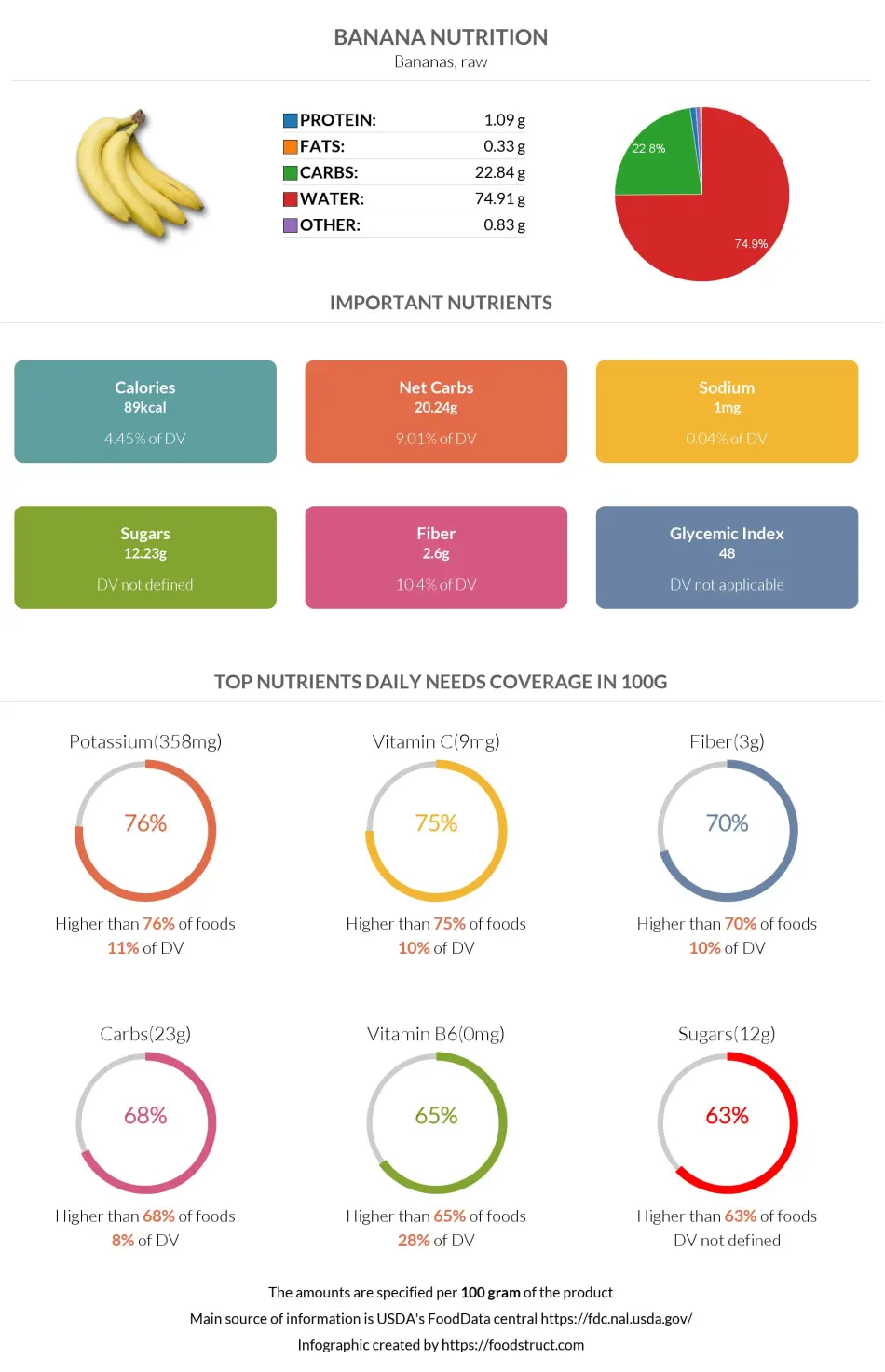
Infographic link
References
All the values for which the sources are not specified explicitly are taken from FDA’s Food Central. The exact link to the food presented on this page can be found below.

